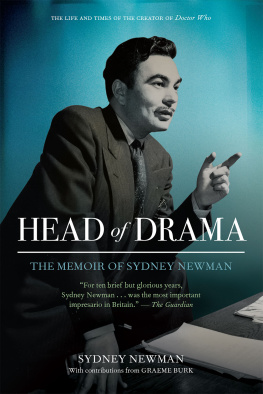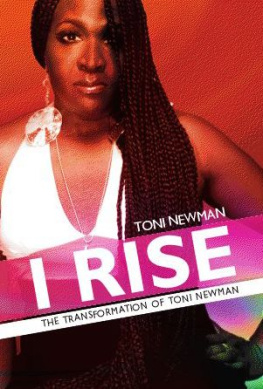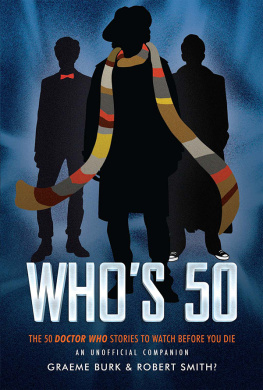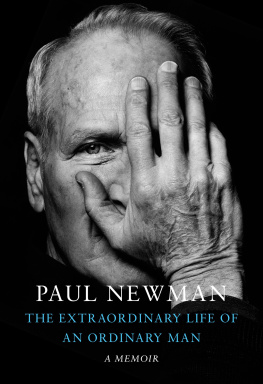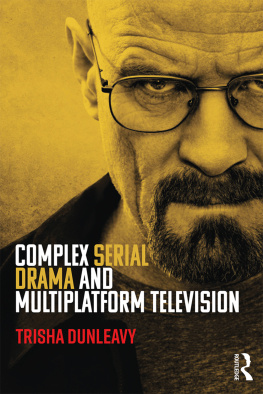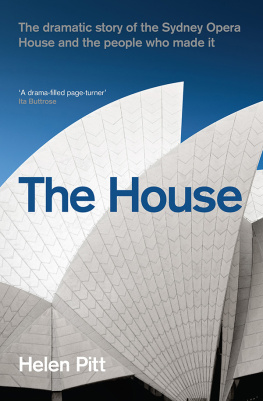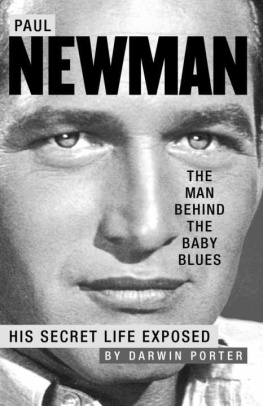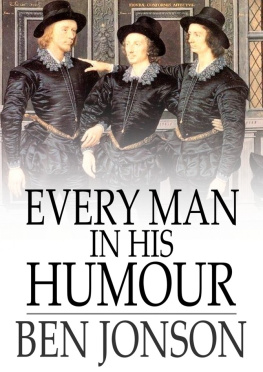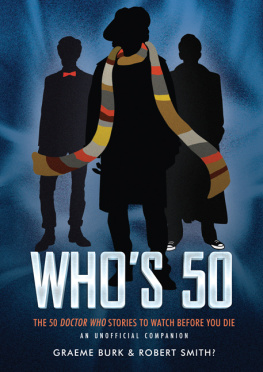Sydney Newmans Head of Drama is an engrossing book, delineating the extraordinary odyssey of a Toronto polyglot slum-boy who ascended to the vertiginous heights of being the sovereign ruler of British broadcasting television drama. In command of over 400 top creative people, he performed the daunting task of producing 370 hours of high-quality dramatic entertainment every year, always under the harsh scrutiny of tough TV critics would he be able to manage this Herculean task or would he topple from the high wire?
I have to declare that I cannot be dispassionate about Sydney Newman, for he was my mentor. If it was not for him, I have no idea what I would be doing now, or even who I might be.
In 1954, I had been working as a stagehand for two years at the Canadian Broadcasting Corporation Television Network (CBC Television). I heard that Sydney Newman, head of documentaries and outside broadcasts, was planning to produce twelve one-hour documentaries about new currents of thought and discoveries at the University of Toronto, from which I had recently graduated. I asked to see him and he graciously met me.
I offered to be his assistant, doing the research and legwork, and then writing a draft of the show. I was twenty-three, and not just wet but soaking behind the ears. I think Sydney was amused by my cheekiness in asking for this job in an arena in which I had no track record, no knowledge whatsoever. Sydney asked me what was my ultimate goal: I said I wanted to be a poet. His eyes twinkled he hired me. This was the beginning of a long, close and fruitful friendship.
Sydney remembers this first encounter of ours in these memoirs. I think he was also amused, as he says, by my disheveled, unkempt stagehand wardrobe, my bare elbows poking through the worn-out sleeves of my turtleneck pullover. I myself had forgotten this detail, but not Sydney. The acute memory he displays concerning my clothing informs this whole book everything is remembered with incredible accuracy and vivid verisimilitude. I can attest to it.
Our working together was a great learning experience for me. Sydney was a great documentary filmmaker at the National Film Board of Canada. He was extremely generous in passing on his omniscient knowledge of documentaries to me. I wrote twelve shows, and he rewrote all twelve shows.
Then, out of nowhere, the CBC made Sydney the head of the drama department. He rushed up to me: Ted, I need your help! Im a documentarian, I know sweet Fanny Adams about drama! Youre an English major; come along and be my script editor. Of course, I jumped at the chance.
Sydney was in charge of two anthology drama series, General Motors Theatre and The Chase and Sanborn Hour. He had a very clear vision of the kind of dramas he wanted. He gave me my marching orders: I want plays about Canada, that deal with whats going on around us right now. I want intensely real plays about people like us: their hopes, their needs, their ambitions, their failures. He ended by surprisingly quoting Hamlets advice to his actors: The purpose of playing... is to hold as twere the mirror up to nature... and the very age and body of the time. So much for his supposed ignorance of drama.
Under his brilliant leadership, both shows were successful. One of his dramas, Arthur Haileys Flight into Danger, became famous worldwide, making him known to everyone in the TV business in the United States and Great Britain.
One day, after my being a year at the job, Sydney came into my office. Ted! Youre doing a great job running the script department. And youre a pretty good writer not a great writer, he added, smiling, but a pretty good one. But, do you know what youd be really good at? I shook my head. You have all the necessary qualities to be a fine director. I was taken aback, totally perplexed. Ill tell you what. Ill let you direct one play if I like it, Ill give you a years contract. If I dont like it, youre out on the street; you cant come back to this job. If you dont want to risk it, of course you can continue here. Well, obviously I said Id risk it.
So, thats how I became a director: he made me one. What he saw in me, I do not know, and I still kick myself for never having asked him.
Sydney liked his directors to have a strong point of view. Once, Sydney fired a director, and I asked him why. Sydney replied, He was always agreeing with me. Sydney liked the sparks to fly. He felt that was the only way that interesting, innovative work could be achieved. On one occasion, Sydney and I had a strong disagreement. He said to me, Dont talk to me like that, Kotcheff. I pulled you out of the gutter! I replied, From the gutter to you is up? Sydney laughed uproariously he loved disagreement.
After two years of directing for Sydney, I went to England, in hopes of branching out into theatre and film. I got a job with ABC TV directing on their anthology series, Armchair Theatre. One day, Howard Thomas, the head of ABC TV, called me in, informing me he wanted to find a new producer for Armchair Theatre and someone had suggested Sydney Newman. Knowing we had worked together, he canvassed my opinion. Of course, I gave Sydney top marks: No one better in the whole world, I said. And at the end of it, he was hired. Sydney had made me. Now I could partially return the favour.
When he started producing on Armchair Theatre, Sydney saw that British television drama was staid, with static camera work, and was mostly using tired, out-of-date stage plays for scripts scripts that were full of gross errors about working-class British life. As in Canada, Sydney immediately implemented his personal TV drama philosophy. Gathering his whole English staff together, he enunciated it: TV is a new medium: it needs new plays that reflect what is presently going on in society and its culture. Britain is in a state of ferment and flux these were the Carnaby Street years and our plays should reveal this new quintessential England to the whole country.
Sydneys idealism about the role of drama in the lives of the audience stoked all of his creative co-workers. He laid down the law: No stage plays, even if they were written by Terence Rattigan or Dodie Smith. Only original plays by new writers. So he instantly commissioned a bunch of plays from young, untested British writers that Sydney divined could fulfill his vision.
At first, disaster: there were inexperienced dramatists experimenting in an unfamiliar style it was a shambles. We were universally panned by the critics, Sydneys directors were in revolt, Howard Thomas was pulling his hair out. But Sydney was not to be deterred. He stubbornly persevered in his radical new policy. And then, after a few months and almost magically out of nowhere, came Harold Pinter, Alun Owen, John Mortimer, Clive Exton, and many other fresh TV playwrights who turned out to be great.
Armchair Theatre became hugely successful, with fascinating new plays that were brilliantly produced, receiving great reviews and whopping ratings. It was Sydneys apotheosis. He illuminated a changing Britain. He was a cultural hero.
Sydneys career soared and soared. He subsequently went to the BBC and continued to produce fabulously memorable dramas there:

